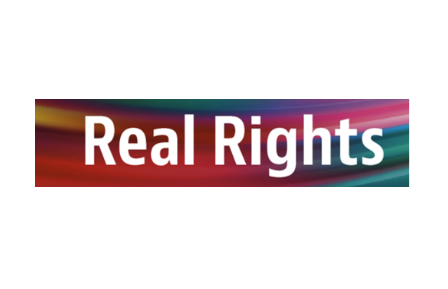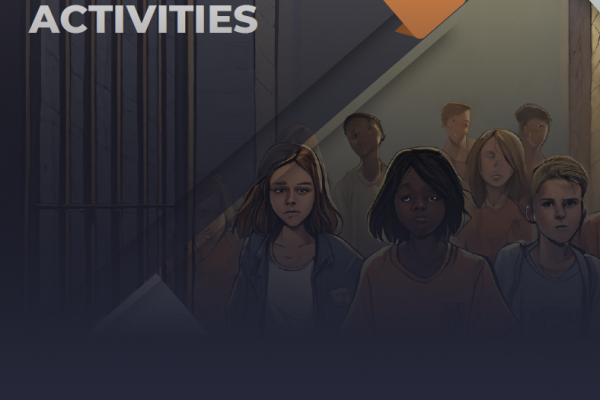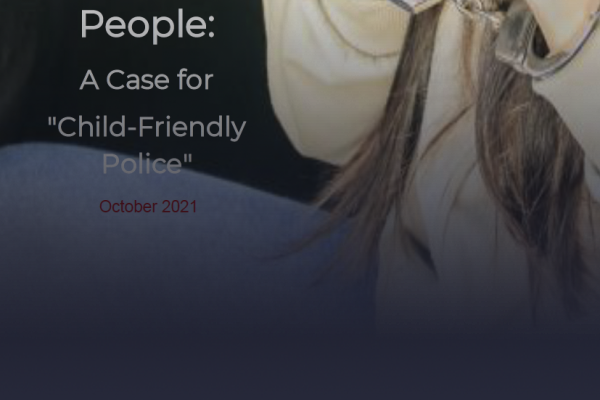Real rights
Real Rights project is a tool that inform children and young people about their rights from initial contact with the police, through stop and report. Real Rights tool is, in other words, a clear and accessible data base of answers to child questions when they are in contact with the police.
Questions cover for example: "Can the police search me and my backpack?" "What should I do if I am stopped by the police?" Each answer collected is linked to a legal source and is designed to be accessible to young people, in plain language. We have targeted it to city jurisdictions. The project second phase will start by building the capacity of professionals working with children in using the Real Rights tool.
The Real Rights project has been developed by the Global Initiative on Justice with Children and the international law firm Baker McKenzie to provide young people, especially young people of colour, minority and vulnerable populations, with specific guidance for interactions with law enforcement. During the World Congress on Justice With Children 2021, the first pilot of the project was presented outlining rights of children in select cities in Europe, Africa, US, and Asia.
What countries does the Real Rights Platform cover?
An initial set of city jurisdictions have been started in draft format for review and commentary. New jurisdictions will be added routinely, so please check back often. Our aim is to cover as many jurisdictions as possible across the globe.
See available jurisdictions here
Real Rights is a local (City-By-City) Legal Guide for children to Interact with Police in a time of racial injustice – Experts from different countries have created a city-specific guides to help children and young people who come in contact with law enforcement understand what the police can and cannot do according to the local and national law. The goal of Real Rights is to empower young people with information about their rights, the scope of police rights and what they can do if their experience with law enforcement is negative, and their rights are not respected.



